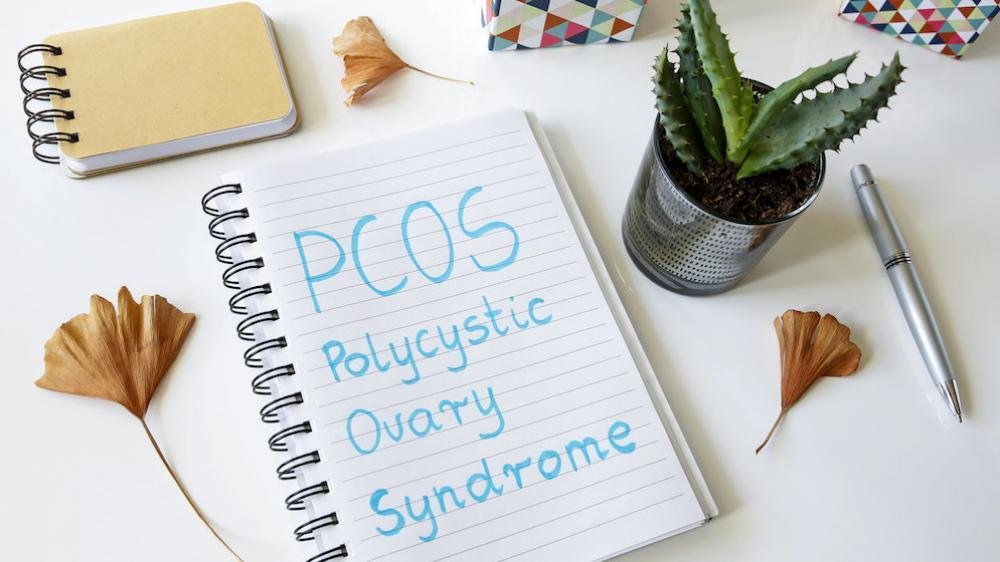
This October, actress Lea Michele is on the cover of Health and while being interviewed by the magazine she shared the story of how she found out that she has polycystic ovary syndrome. PCOS is a hormone disorder that affects 1 in 10 women of reproductive age. It's a common disorder that affects so many women and it's important to talk about it and spread awareness.
More from MamásLatinas: Chiquis Rivera reveals for the first time details of her bleeding ovary
Lea, who is now 33, found out that she had PCOS right around the time she finished working on Glee. She was about to turn 30 and was experiencing skin issues and weight gain, but couldn't figure out why. "I went to a great doctor, and the minute she looked at me, she was like, 'Oh, you have PCOS.' It explained everything. Through diet, I have been able to manage it. But I am very fortunate. There are way more extreme versions of PCOS that women have a lot of difficulty with–mine is not as intense. Which is why I haven't really talked about it, because there are women who have it so much more intense," Lea told Health.
We're glad Lea and other celebrities like Jillian Michaels and Victoria Beckham are candid about their struggles with PCOS because their candor can help other women who have PCOS–and might not even know it–get the care they need.
What exactly is PCOS?
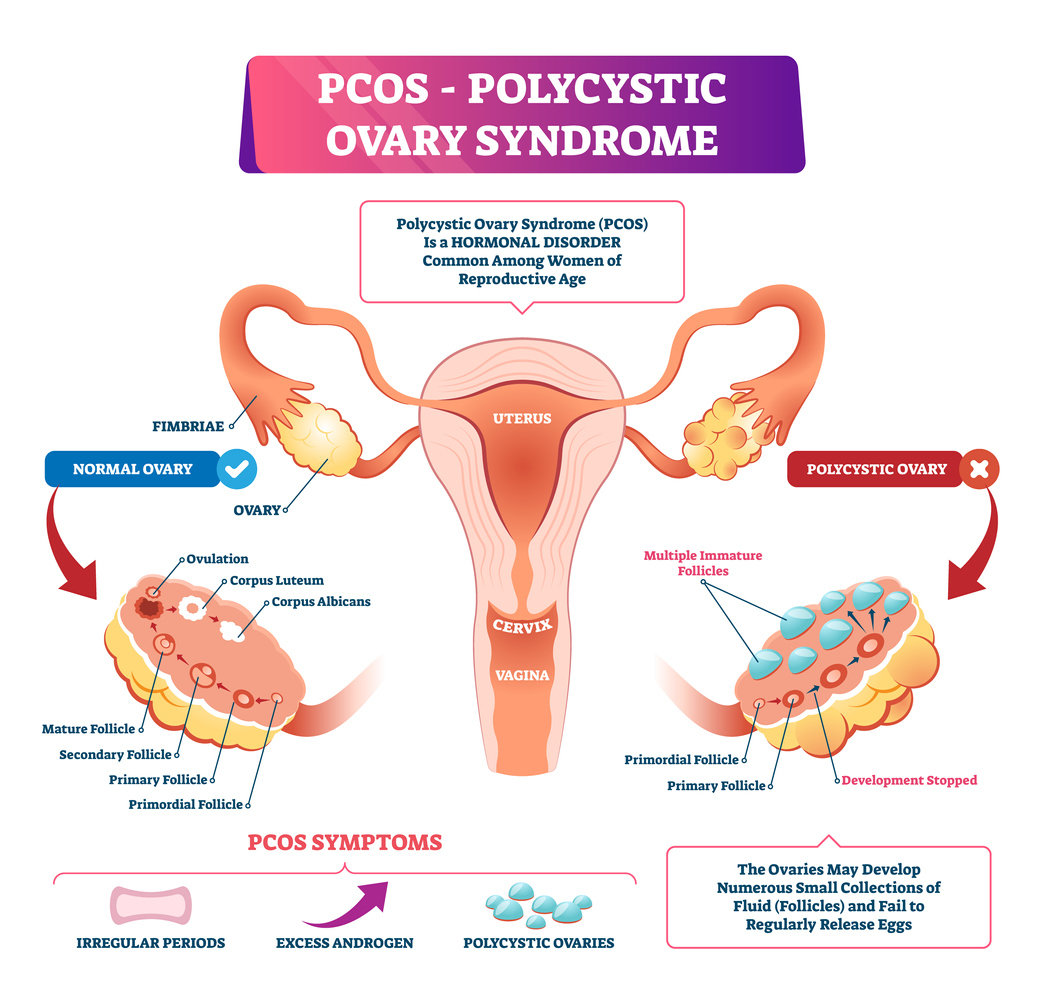
As the Mayo Clinic notes, "Polycystic ovary syndrome (PCOS) is a hormonal disorder common among women of reproductive age. Women with PCOS may have infrequent or prolonged menstrual periods or excess male hormone (androgen) levels. The ovaries may develop numerous small collections of fluid (follicles) and fail to regularly release eggs."
The cause of PCOS is not known, but getting an early diagnosis and treatment may be able to help reduce complications such as heart disease and type 2 diabetes.
What are the symptoms of PCOS?
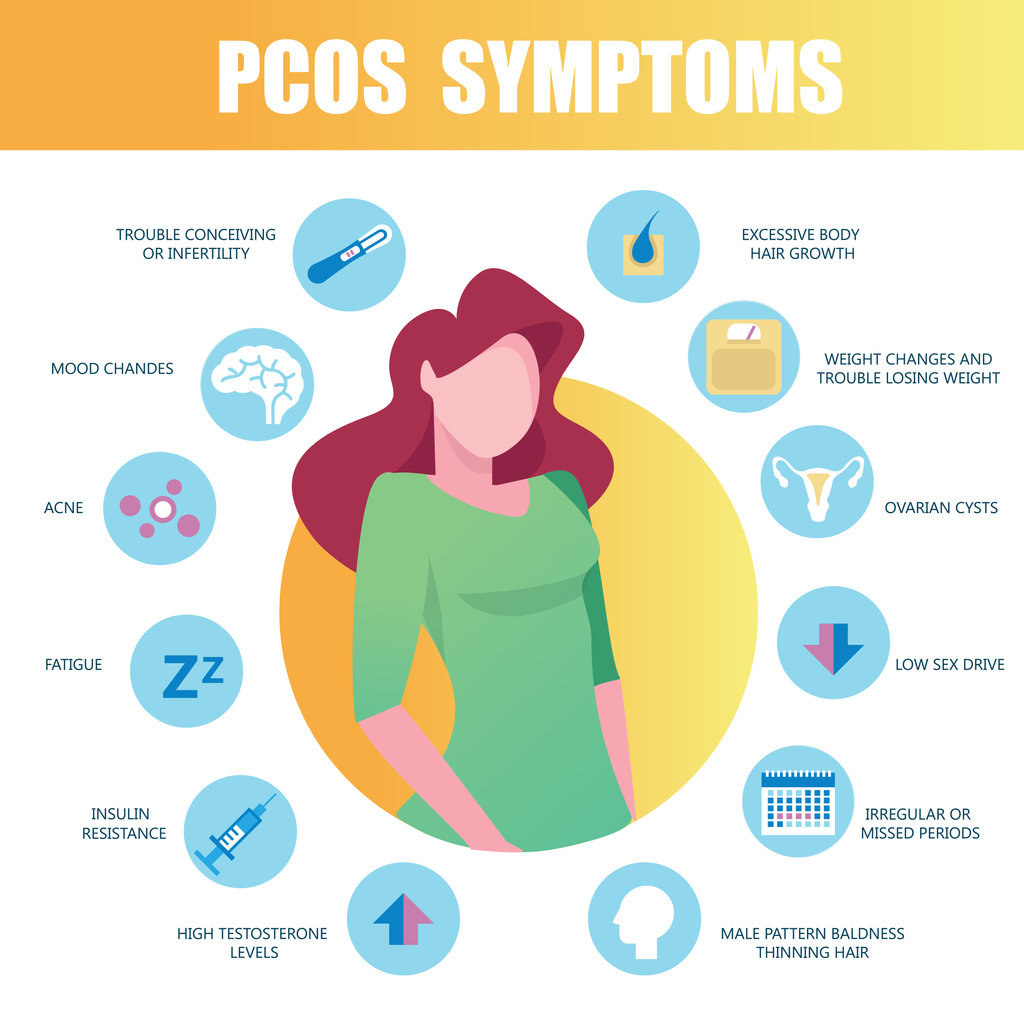
Symptoms of PCOS can include:
- Irregular periods
- Excess facial hair
- Acne
- Thinning hair
- Weight gain
- Skin darkening
- Skin tags
How is PCOS diagnosed?
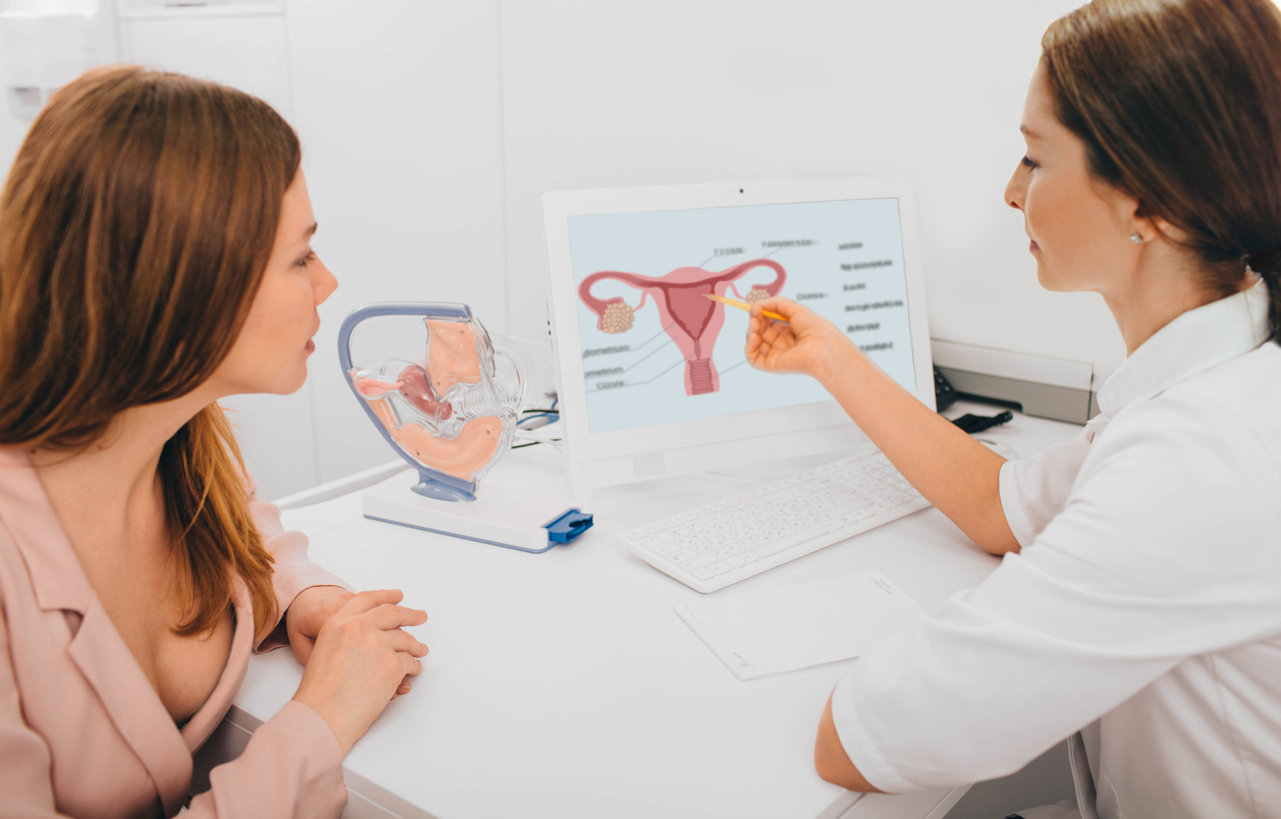
There is no PCOS test that you can take to tell you whether or not you have it, so doctors figure it out by ruling out other possible causes for your symptoms. Doctors might give you a physical exam, pelvic exam, pelvic ultrasound to check for cysts on ovaries, and blood tests to measure your androgen hormone levels.
What kinds of complications are caused by PCOS?
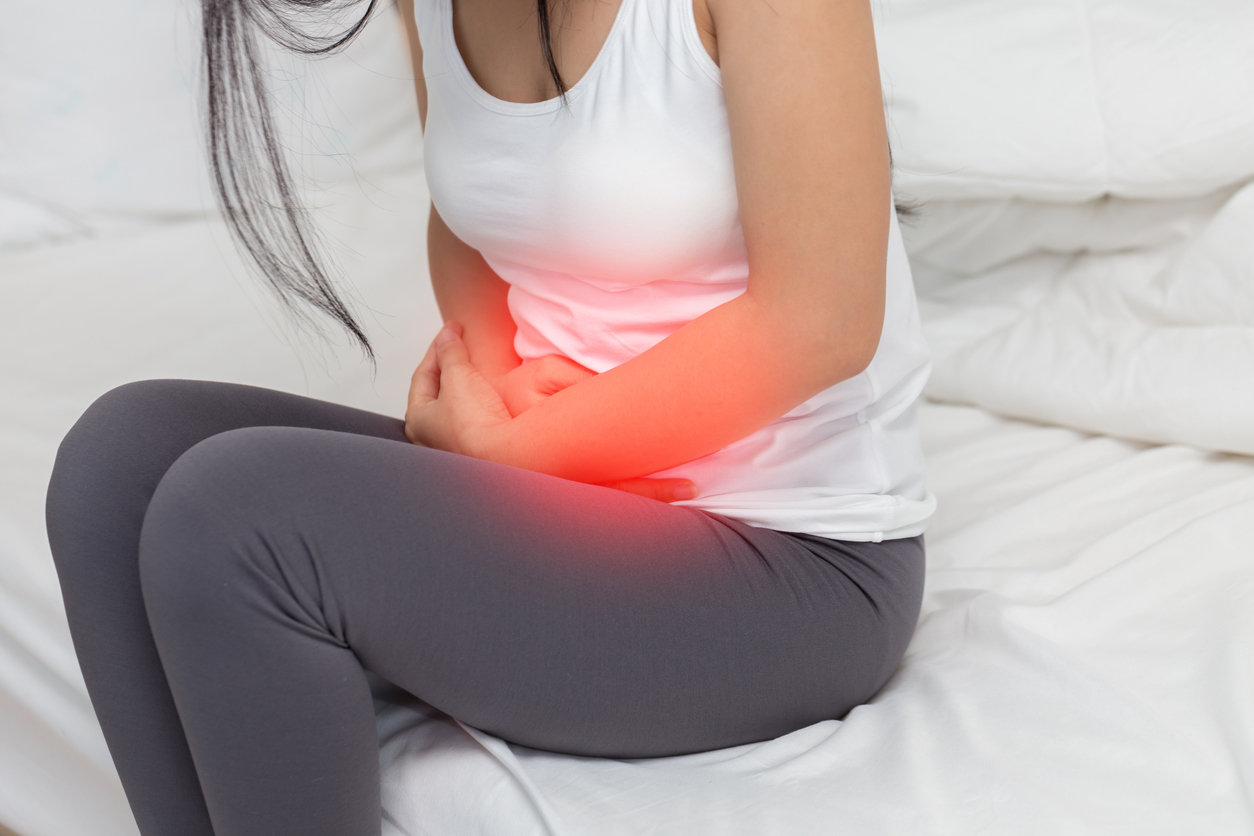
PCOS-related complications can include:
- Infertility
- Gestational diabetes or high blood pressure during pregnancy
- Miscarriage or premature birth
- Inflammation of the liver
- Type 2 diabetes or prediabetes
- Sleep apnea
- Depression, anxiety, and eating disorders
- Abnormal uterine bleeding
- Endometrial cancer
How do you treat PCOS?

Unfortunately, there is no cure for PCOS, but symptoms can be managed through lifestyle changes or medication. Lifestyle changes include maintaining a healthy weight, limiting carbohydrates to decrease insulin levels, and being active. Medication can include birth control pills to help regulate hormones, medication to help you ovulate, and various treatments to help with excessive hair growth.
If you suspect you have PCOS, see your doctor. Explain your symptoms and go ahead and bring up that you are concerned that you might have PCOS.




